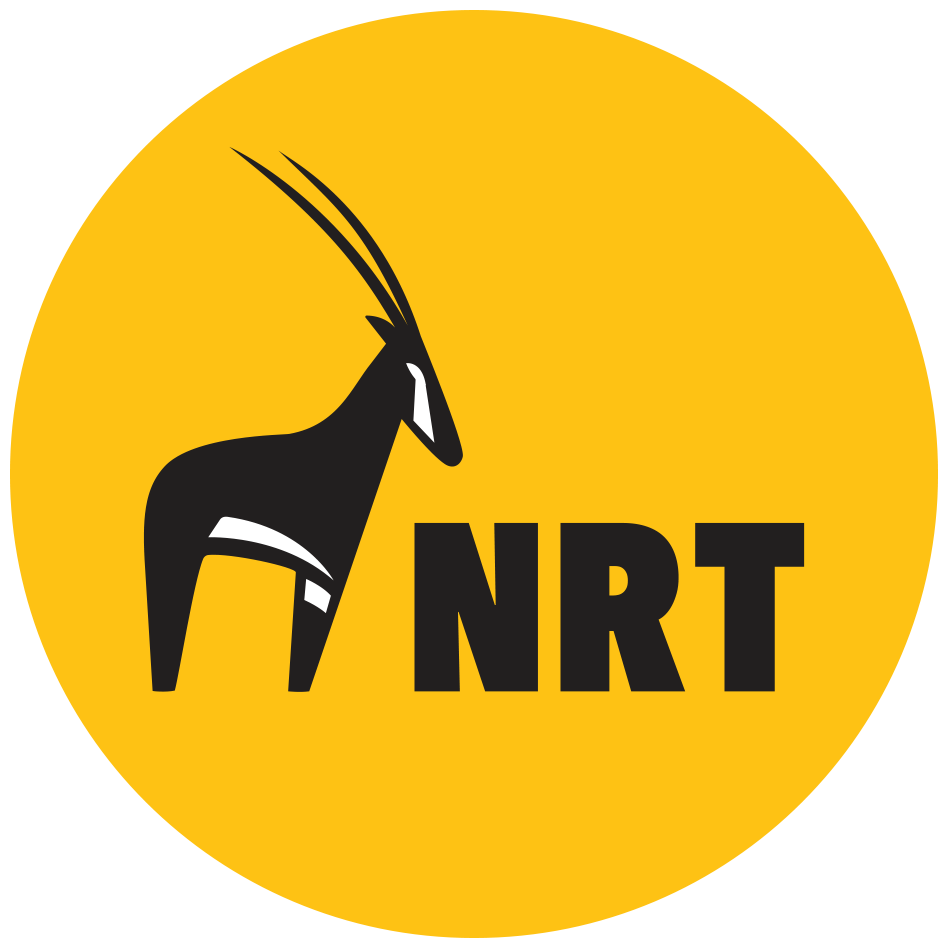Reef Rangers Graduate Final Training
Kiunga coral reef monitoring team
Over the years NRT, the Kenya Wildlife Service and other partners have adapted conservancy ranger training to suit the challenges and demands of the inland conservancies - hot, dry landscapes, difficult terrain, techniques for recording wildlife spoors and tracks in the dust. But at the coast, marine rangers have a very different environment to work with.
While rangers in mainland conservancies focus on collecting data on elephants, Grevy's zebra and other key species, coastal conservancies require information on corals, mangroves and fisheries in order to develop effective management plans. That is why rangers in Pate and Kiunga conservancies have been undergoing a three-part training specifically designed, with support from The Nature Conservancy (TNC) and Fauna and Flora International (FFI), for this purpose. Instead of Land Cruisers and military boots, reef rangers have boats and flippers!
In March, 16 reef rangers graduated the final part of their training. They are now fully equipped to conduct underwater coral reef monitoring and data analysis.
“We carried out surveys in 7 sites around Pate Island, some of which have been set aside as Locally Managed Marine Areas (LMMAs) which are protected areas closed to fishing,” said Dr. Juliet King one of the trainers on marine conservation. Dr. King was working hand in hand during the training with TNC’s Marine Scientist Dr. George Maina who has provided technical support to the NRT-Coast marine program for the past four years.
Early start for the reef rangers in their final training
The rangers are now able to carry out these surveys independently; surveys will be done twice per year to monitor recovery and condition of fish, corals and macro-invertebrates like shells, starfish, sea cucumbers and sea urchins among others. The data will be handed to Community Conservancy boards and community members during meetings, to help inform strategies.
“Our rangers are not only equipped with security and anti-poaching skills they can now conduct scientific monitoring, an additional skill that is crucial for conservation of precious marine ecosystems,” said Kiunga Community Conservancy manager Mohamed Sharif.
The team analysing coral reef survey data
Independent monitoring will start in Kiunga later this year in key reef areas selected by the rangers and community members. This will be a key component of fisheries management in Locally Managed Marine Areas-LLMAs.



